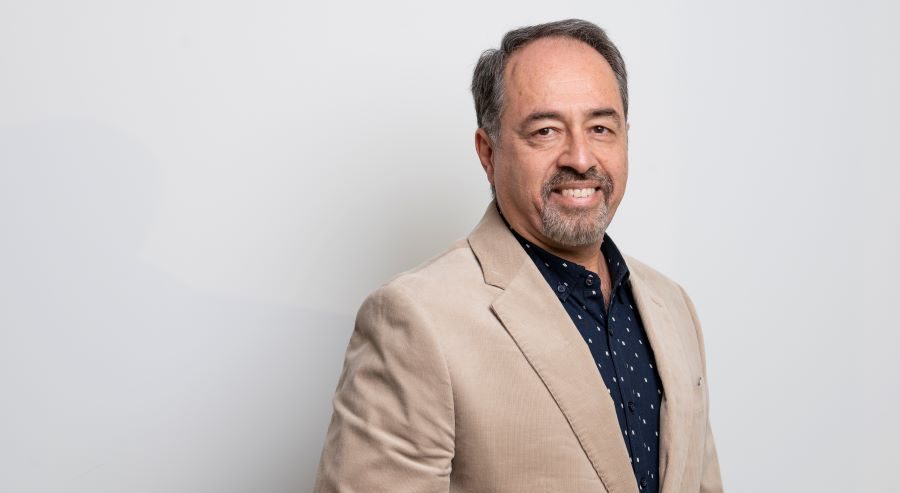

There’s no such thing as a “typical” OsgoodePD student, especially among those without a formal legal background.
In fact, roughly one-third of our students across programs do not hold a law degree. That’s by design. A core part of OsgoodePD’s mission is to bring together professionals from a wide range of industries to engage with legal issues from multidisciplinary perspectives. Students without legal training contribute valuable insights grounded in their professional experience, which enrich our seminar-style classes and help bridge theory and practice.
These non-legal professionals come from diverse fields such as business, public policy, health care, finance, and technology. Because our programs are academically rigorous and legally intensive, we look for a few key indicators that suggest strong alignment.
Applied Legal Knowledge
Non-legal professionals in our programs typically have experience working with legal or regulatory issues in applied, real-world ways. This could mean collaborating with legal teams, managing compliance in a corporate context, or working in a sector or industry that is heavily regulated. While they may not have formal legal training, they arrive with a practical understanding of the legal frameworks that shape their work.
Strong Academic Foundation
These are graduate-level programs, and our non-legal students are ready for that challenge.
They are motivated to engage deeply with legal reasoning and analysis, and they contribute meaningfully to classroom discussions that blend theory with practical application.
For prospective students who are unsure whether they’re ready, our GNRL 6249: Introduction to Graduate Legal Studies course offers an excellent way to build confidence and demonstrate academic readiness. This short course introduces key legal concepts and research skills and provides a structured entry point into graduate legal education.
Clear Goals
The decision to pursue graduate-level legal studies isn’t made lightly. Non-legal professionals in our classrooms tend to have clear, intentional goals rooted in reflection and experience.
They have taken the time to explore course offerings, review learning outcomes, and consider how a legal education fits into their broader career trajectory. Often, these students are preparing to step into more senior roles, take on legal-adjacent responsibilities, or lead in areas where legal knowledge is essential. They see formal legal education not as a credential alone but as a strategic investment in their future.
At OsgoodePD, there is no one-size-fits-all pathway to success, and there is no single definition of what makes a strong candidate. But if you are a non-legal professional who is curious about graduate-level legal study, you might already be more prepared than you think.
Not sure where to start? Connect with us for pre-application advising – we’re here to help you explore your options.

